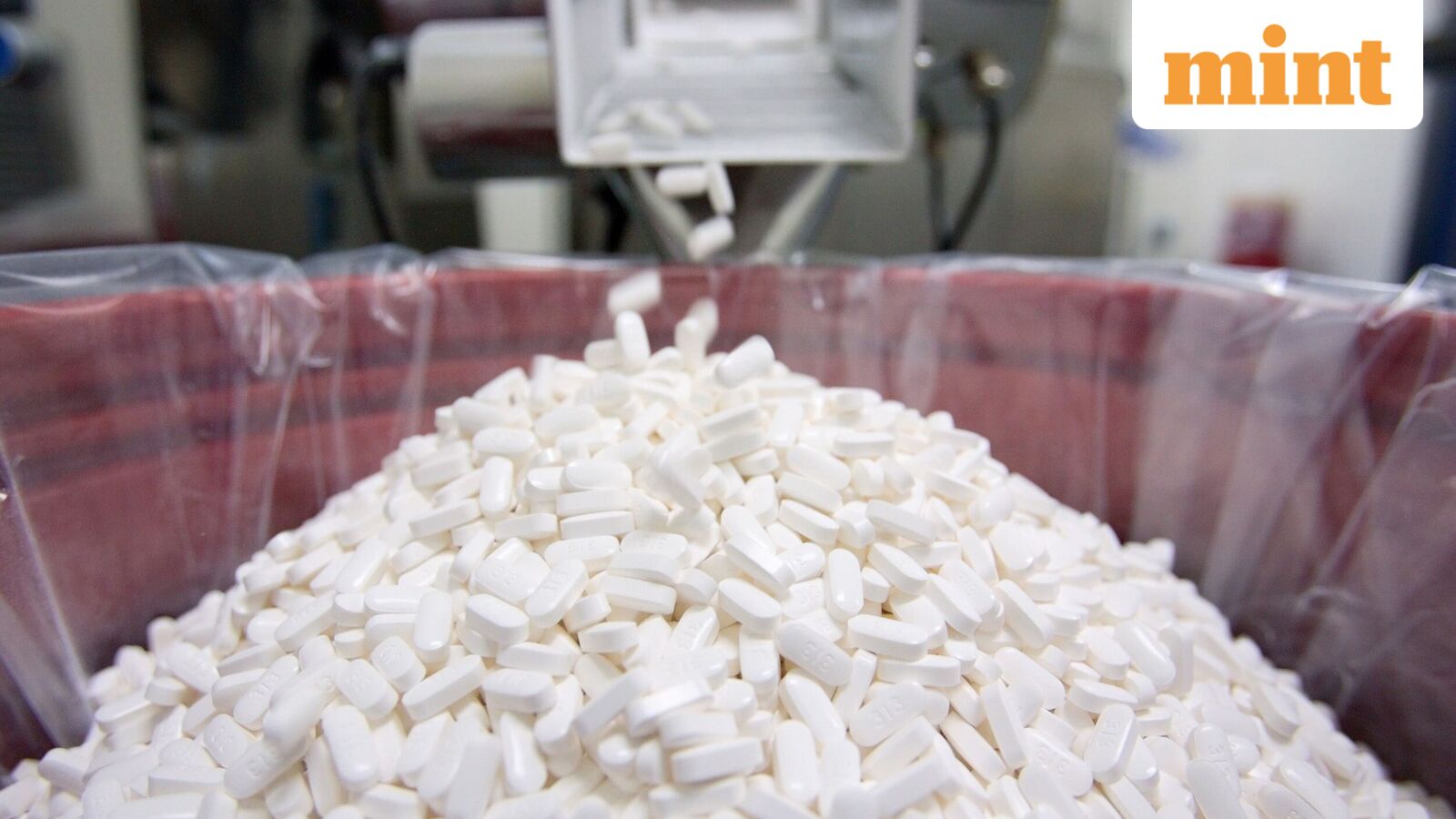Health
Indian Drug Regulators Crack Down on Non-Compliant Pharma Units

India’s pharmaceutical industry faces a stringent regulatory overhaul as drug regulators from several states have initiated actions against manufacturers failing to comply with updated Good Manufacturing Practices (GMP). The Drugs Controller General of India (DCGI) has mandated all pharmaceutical companies to meet these standards by December 31, 2025, warning that non-compliance will lead to operational closures.
In states such as Delhi, Himachal Pradesh, and Uttarakhand, officials have begun issuing warning notices to firms that do not meet the new requirements. According to three officials familiar with the situation, these actions follow a directive from the DCGI for urgent inspections and compliance enforcement across the nation. “The DCGI has issued strict and final directions to all state authorities because every pharmaceutical company must ensure full compliance with the updated GMP,” one official said on the condition of anonymity.
The renewed focus on compliance is particularly targeted at Micro, Small, and Medium Enterprises (MSMEs). These companies, which represent roughly 80% of India’s over 10,000 pharmaceutical manufacturers, were granted an extension to comply with GMP but have been associated with recent quality issues in exported products. The government’s push is aimed at aligning India’s manufacturing standards with those set by the World Health Organization (WHO), safeguarding consumer health, and enhancing India’s reputation in the global pharmaceutical market.
Regulatory Actions Intensify
Dr. K.R. Chawala, the drug regulator for Delhi, stated, “Following directives from the DCGI, we have already initiated inspections of companies in Delhi. Firms that are not GMP-compliant have been issued a warning closure notice, requiring them to upgrade their facilities by December 31, 2025.” In Himachal Pradesh, the state’s drugs controller, Dr. Manish Kapoor, emphasized the proactive approach being taken. He mentioned that inspections were planned well in advance of the DCGI’s directive, and independent audits have already begun.
Kapoor noted that while the Union government previously extended opportunities for MSMEs to apply for compliance extensions, only a limited number of firms took advantage of this provision. “We have now scheduled verification inspections of all firms that did not apply for such an extension. Their compliance status will be determined during the verification process,” he added.
In Uttarakhand, state drugs regulator Tabjer Singh reported that joint inspections at 152 manufacturing units resulted in 40 firms receiving ‘stop production’ notices until significant upgrades are made. Singh warned these companies that continued non-compliance would lead to license cancellations.
Rajasthan has also tightened its grip on pharmaceutical operations. Ajay Patak, the state drugs regulator, confirmed that his team is actively inspecting all 65 pharmaceutical units within their jurisdiction to enforce compliance with the revised GMP standards.
Global Standards and Industry Impact
In December 2023, the health ministry updated the regulatory framework to better align with global standards, particularly following incidents where Indian drugs were linked to health crises abroad. The revision of Schedule M requires all pharmaceutical companies to adhere to strict GMP guidelines from January 1, 2024.
The Indian pharmaceutical industry, valued at approximately $50 billion, is projected to expand to $130 billion by 2030. With exports valued at $30.47 billion for the fiscal year 2024-25, maintaining high standards is essential for sustaining international trust in Indian-made medicines.
Arushi Jain, director of Akums Drugs and Pharmaceuticals, emphasized that adherence to GMP enhances patient safety and reinforces India’s standing as a global hub for quality pharmaceuticals. Public health expert Dr. Rajeev Jayadevan highlighted the importance of GMP compliance, stating, “When a doctor prescribes a medicine, both doctor and patient assume it will be of good quality. But this isn’t always true in India, as the same drug is made by several companies with varying standards.”
The ongoing regulatory actions underscore a significant shift in India’s approach to pharmaceutical manufacturing, prioritizing quality over volume and aiming to restore confidence in the nation’s drug supply chain. As enforcement continues, the industry is poised for a transformation that could lead to improved patient outcomes and enhanced global credibility.
-

 World5 months ago
World5 months agoSBI Announces QIP Floor Price at ₹811.05 Per Share
-

 Lifestyle5 months ago
Lifestyle5 months agoCept Unveils ₹3.1 Crore Urban Mobility Plan for Sustainable Growth
-

 Science4 months ago
Science4 months agoNew Blood Group Discovered in South Indian Woman at Rotary Centre
-

 World5 months ago
World5 months agoTorrential Rains Cause Flash Flooding in New York and New Jersey
-

 Top Stories5 months ago
Top Stories5 months agoKonkani Cultural Organisation to Host Pearl Jubilee in Abu Dhabi
-

 Sports4 months ago
Sports4 months agoBroad Advocates for Bowling Change Ahead of Final Test Against India
-

 Science5 months ago
Science5 months agoNothing Headphone 1 Review: A Bold Contender in Audio Design
-

 Top Stories5 months ago
Top Stories5 months agoAir India Crash Investigation Highlights Boeing Fuel Switch Concerns
-

 Business5 months ago
Business5 months agoIndian Stock Market Rebounds: Sensex and Nifty Rise After Four-Day Decline
-

 Sports4 months ago
Sports4 months agoCristian Totti Retires at 19: Pressure of Fame Takes Toll
-

 Politics5 months ago
Politics5 months agoAbandoned Doberman Finds New Home After Journey to Prague
-

 Top Stories5 months ago
Top Stories5 months agoPatna Bank Manager Abhishek Varun Found Dead in Well









